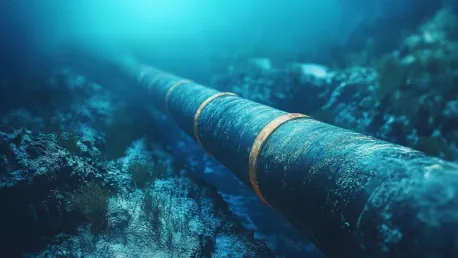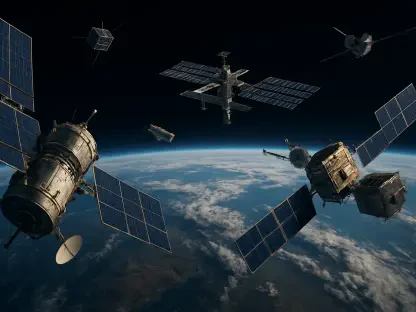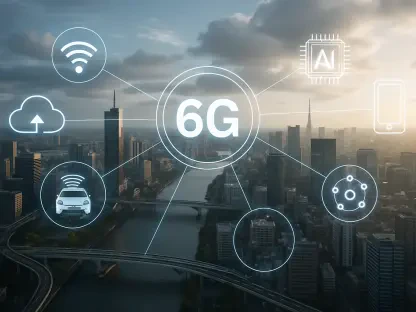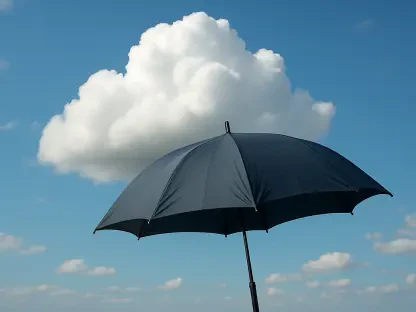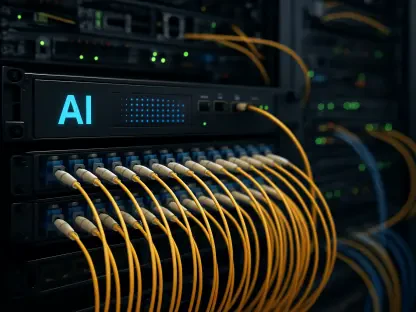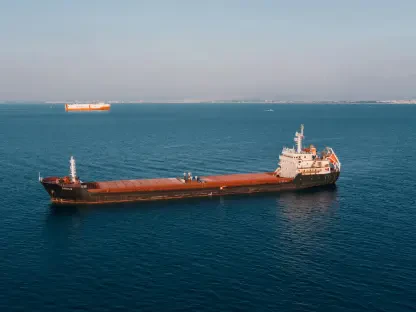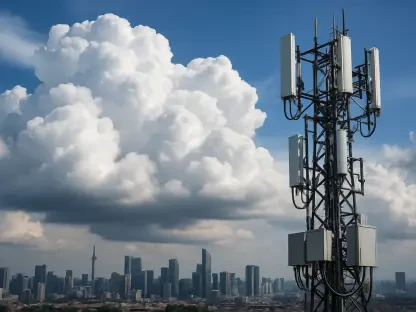In a move driven by the rapid advancements in technology and the increasing importance of global communications infrastructure, the Federal Communications Commission (FCC) has embarked on an extensive review and update of the rules, processes, and practices governing subsea cables. This initiative is the first of its kind since 2001 and reflects the agency’s commitment to addressing the evolved technological, economic, and national security landscapes surrounding these crucial components.
Addressing Evolved Technological and Security Needs
Subsea cables are vital to the global communications network, supporting 99% of international internet traffic and facilitating $10 trillion in financial transactions daily. As the technology and infrastructure landscape has changed considerably since the last FCC review, there is a critical need to improve the efficiency of cable deployment, enhance security measures, and streamline the FCC’s review process. These actions aim to modernize the process of securing cable landing stations (CLS) and mitigate the risks posed by these crucial points where subsea cables meet terrestrial infrastructure.
Importance of Cable Landing Stations
Recent incidents, such as the suspected sabotage that led to cable cuts in the Baltic Sea, highlight the urgent need for updated regulations. Cable landing stations are increasingly scrutinized and protected due to their vulnerability to damage and tampering. Enhancing the resilience and security of these sites is a priority, given their role in maintaining stable and secure communications. Modernizing the rules and processes governing subsea cables aligns with broader national security efforts and is essential for protecting this infrastructure.
Proposed Regulatory Changes
The FCC’s proposal includes several key measures designed to both streamline and secure subsea cable infrastructure. These measures encompass a three-year periodic reporting requirement for cable landing licenses, considering shortening the current 25-year license term, and updating application requirements to focus on national security. These steps are intended to enhance the efficiency of the review process while incorporating modern security protocols.
Efforts to Modernize and Secure Communications
Furthermore, the FCC’s initiative is part of a broader strategy to boost national security in telecommunications. Proposed rules for renewal applications for international telecommunications authorizations and improvements in Border Gateway Protocol (BGP) routing security form part of this cohesive plan. The FCC is also seeking detailed information on the ownership and control of submarine cable systems to better assess and manage risks.
A Cohesive Strategy for Future Preparedness
The Federal Communications Commission (FCC) has launched a comprehensive review and update of the rules, processes, and practices related to subsea cables, spurred by rapid technological advancements and the growing significance of global communications infrastructure. This undertaking is particularly noteworthy as it marks the first such effort by the FCC since 2001. Subsea cables are pivotal in ensuring seamless international data transmission, affecting various sectors including commerce, technology, and national security.
The initiative underscores the FCC’s determination to adapt to the evolved technological, economic, and national security contexts that have developed over the past two decades. By reassessing outdated regulations, the FCC aims to enhance the resilience, efficiency, and security of these critical infrastructure components. Such updates are essential not only in fostering innovation but also in safeguarding the nation’s interests against new threats and vulnerabilities. This move highlights the agency’s proactive stance in ensuring that the country’s telecommunications framework remains robust and future-ready.
